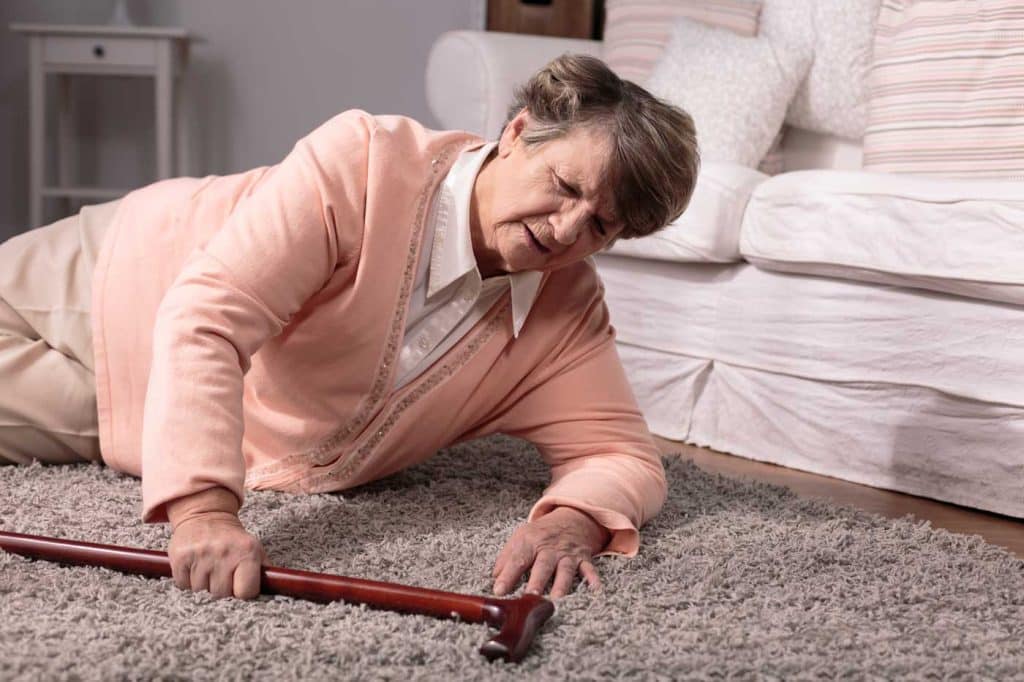Preventing falls in care homes is essential for the safety and well-being of residents, especially those more prone to fall-related injuries.
Here are some strategies and measures that care homes can implement to reduce the risk of falls:
- Conduct Risk Assessments:
- Regularly assess the resident’s risk of falling
- Identify high-risk individuals based on medical conditions, medications, and mobility limitations.
- Medication Management:
- Review medications to minimize side effects that increase fall risk.
- Consult healthcare professionals to adjust medications as necessary.
- Environmental Modifications:
- Ensure well-lit, clutter-free common areas and resident rooms.
- Install handrails, grab bars, and non-slip flooring.
- Remove any trip hazards.
- Assistive Devices:
- Provide and maintain mobility aids for any residents who require them.
- Educate residents on their proper use of assistive devices.
- Fall Alarms and Monitoring Systems:
- Implement fall alarms and monitoring systems for residents at high risk of falls.
- Use these systems to alert staff when residents attempt to leave their bed or chair without assistance.
- Ongoing Staff Communication and Quality Improvement:
- Promote open communication among staff regarding fall risks.
- Analyze fall data to identify trends and make necessary adjustments to care plans and preventive measures.
By implementing these strategies and maintaining a proactive approach to fall prevention, care homes can significantly reduce the risk of falls and enhance the safety and well-being of their residents.
#FallsPreventionWeek

